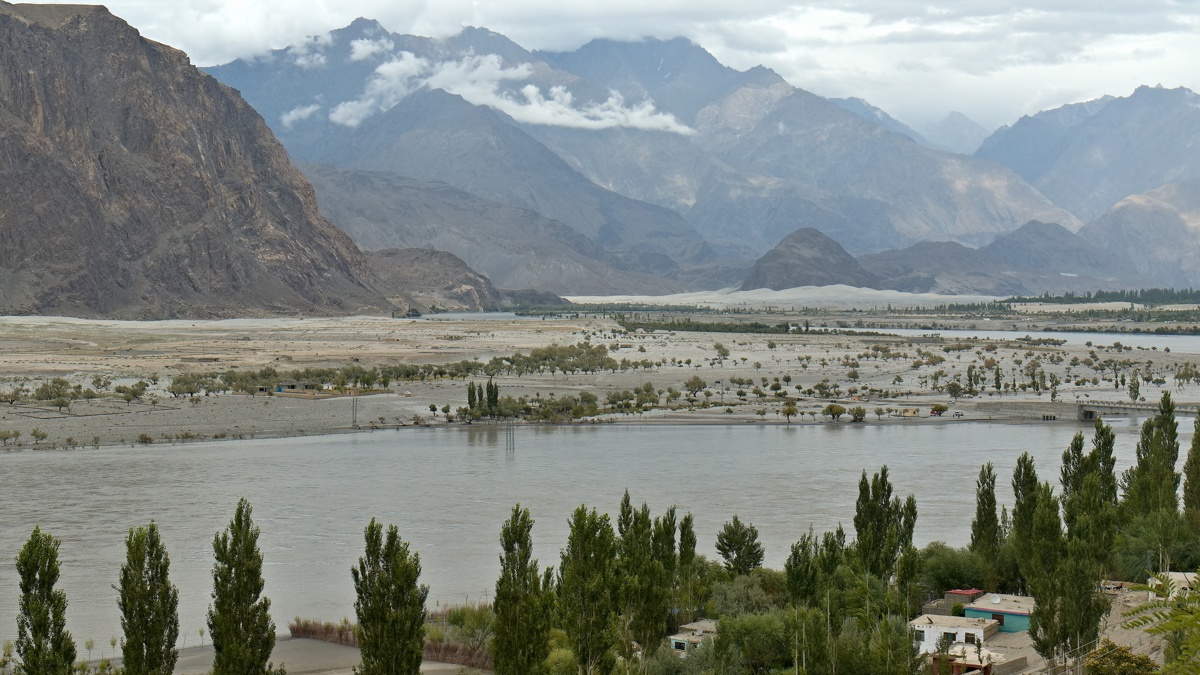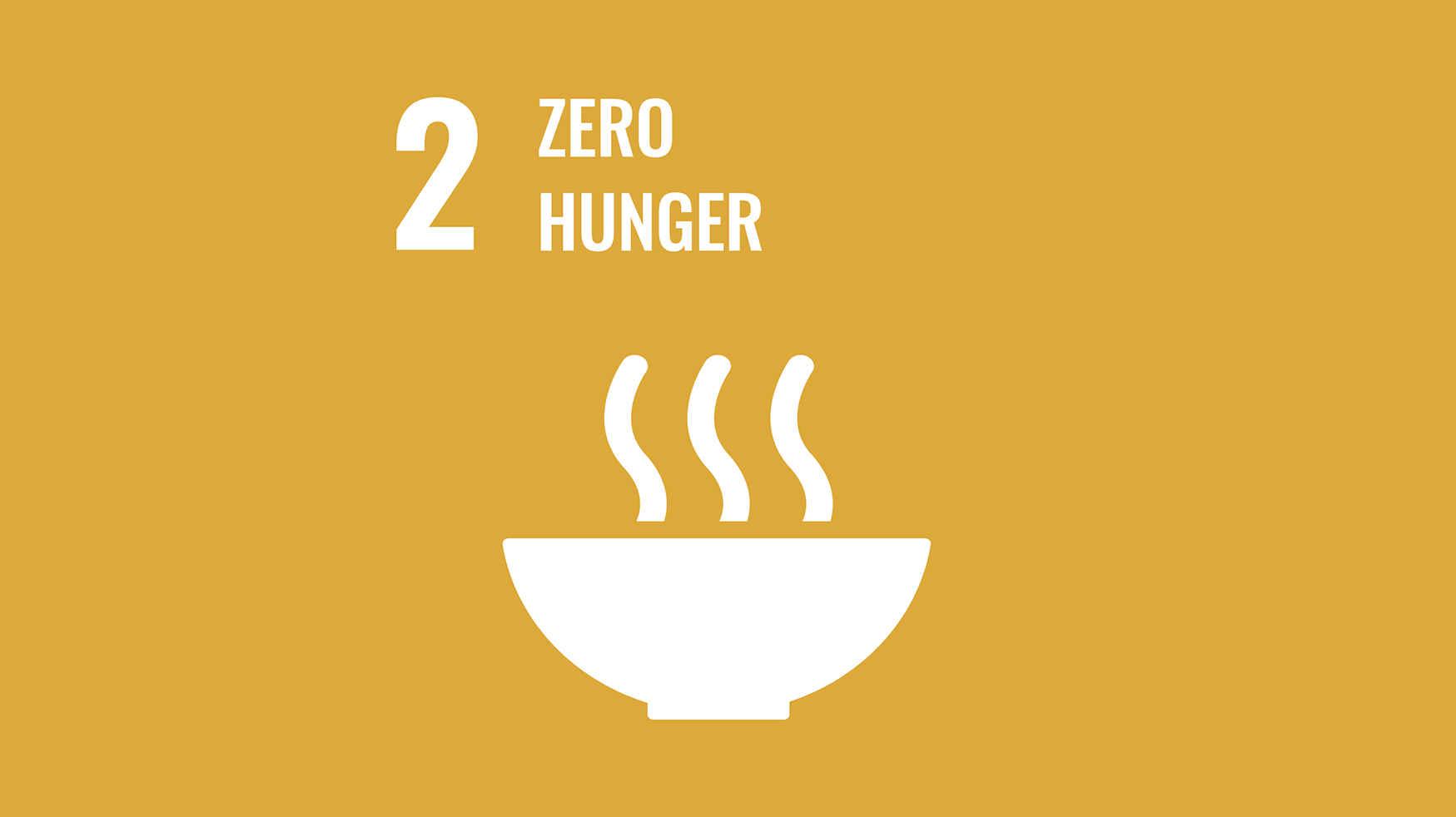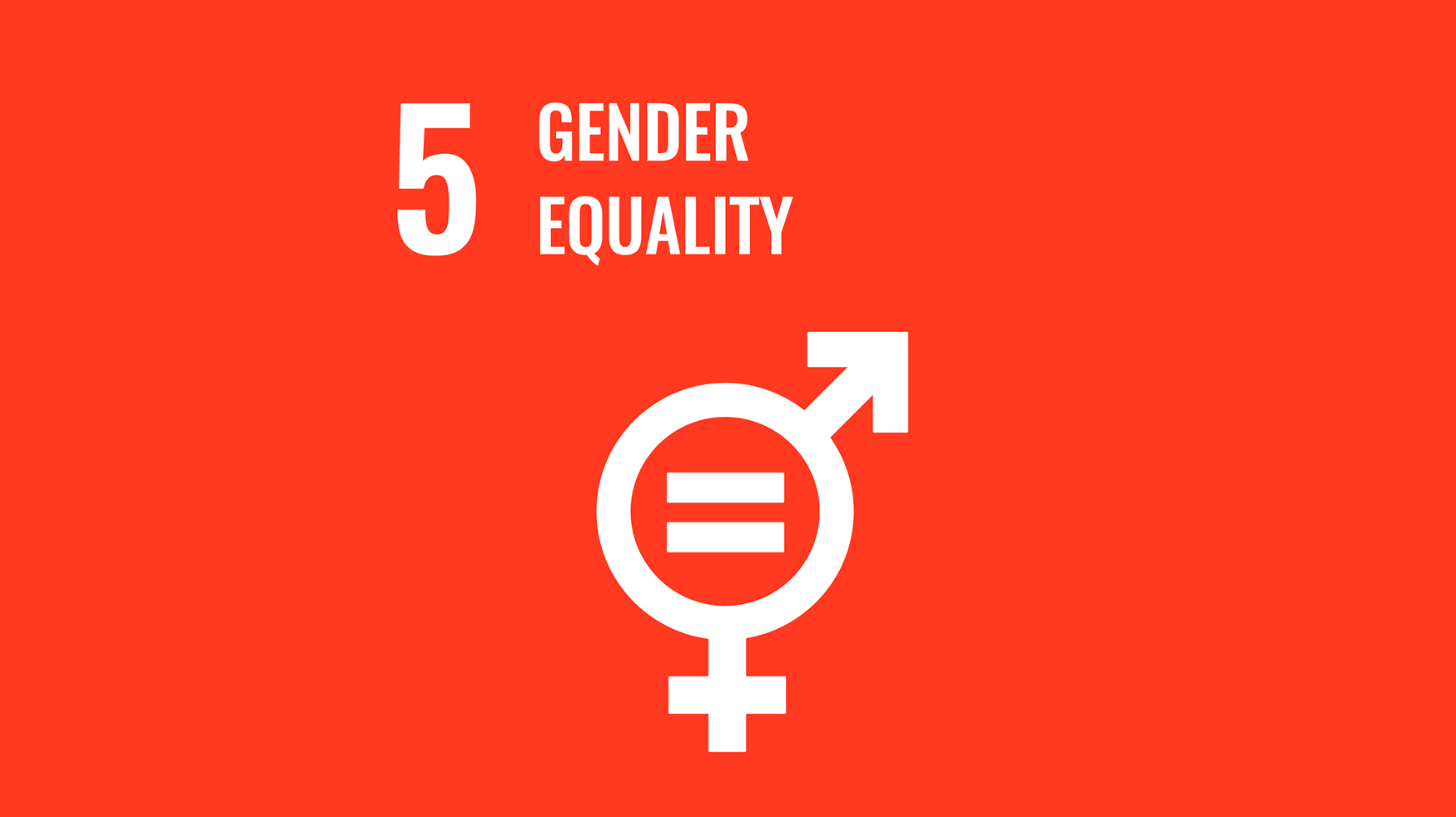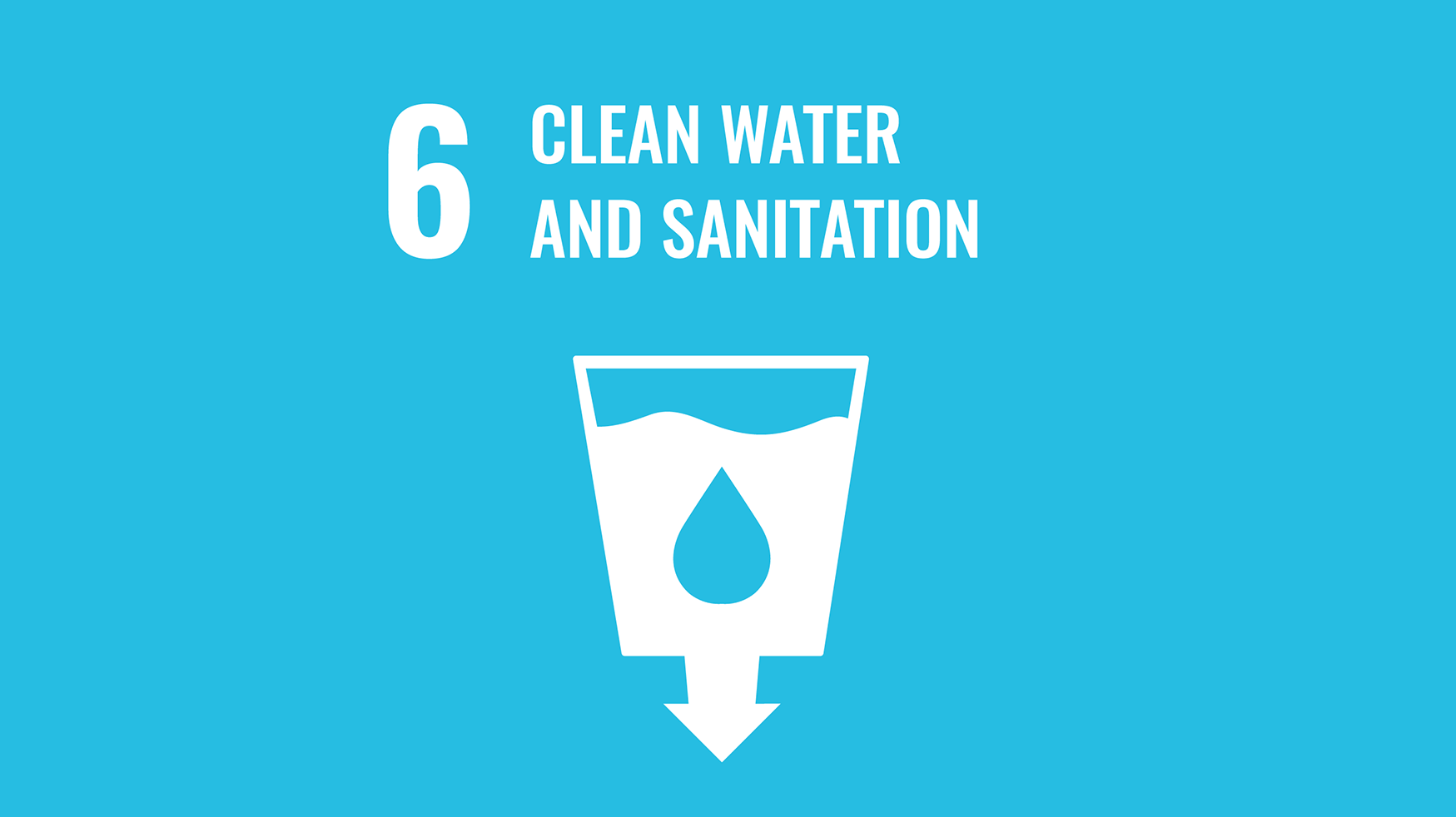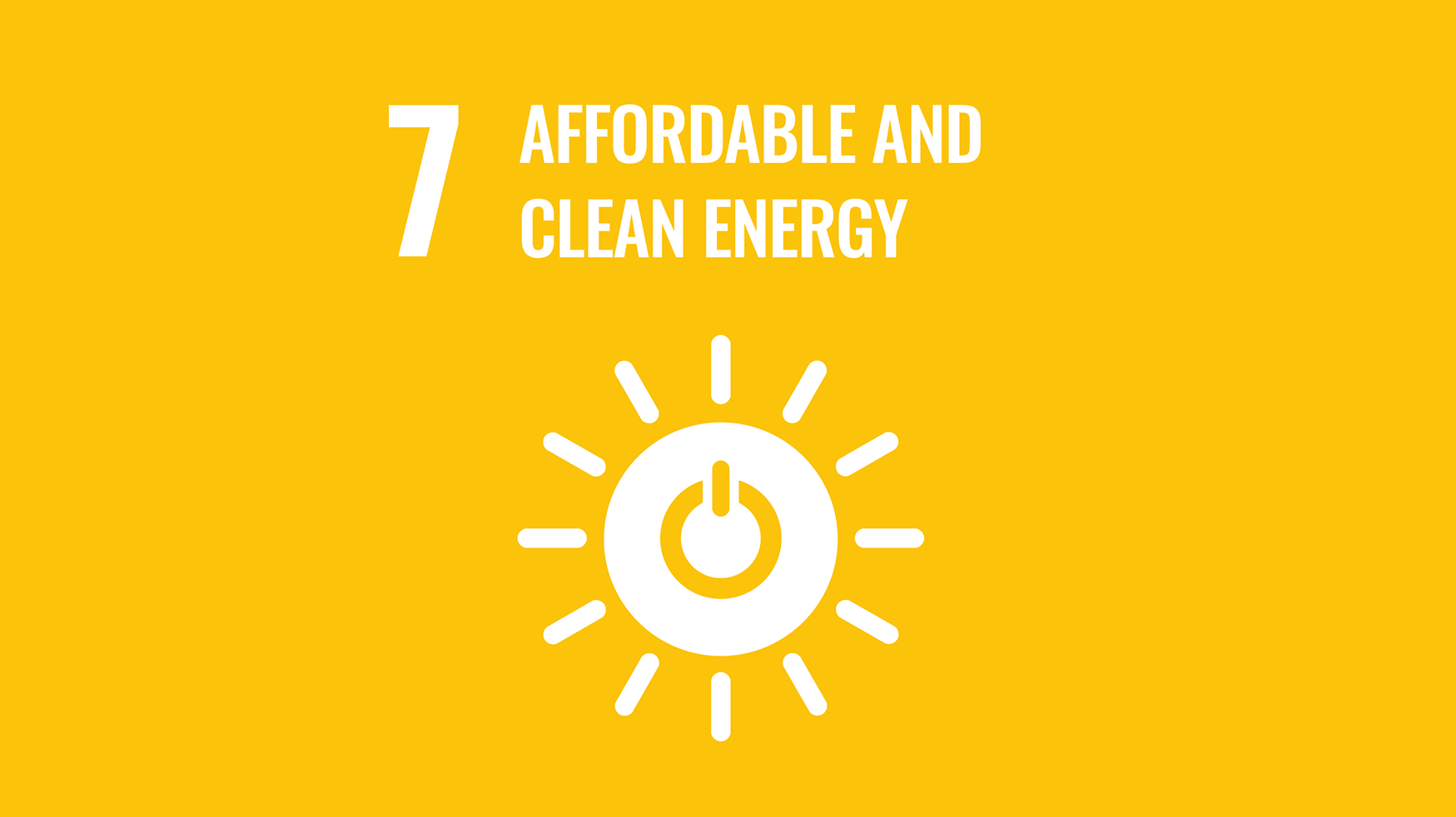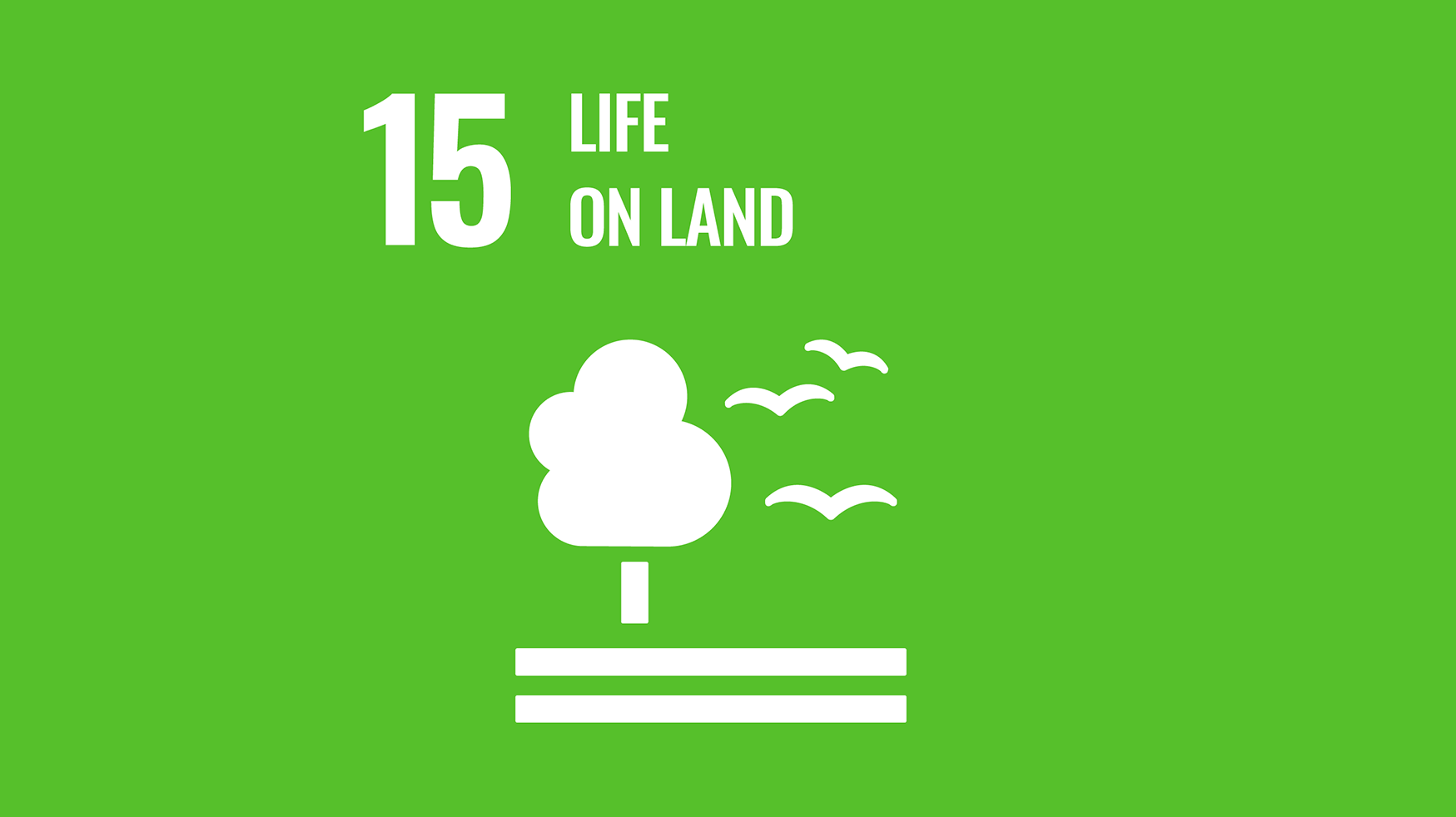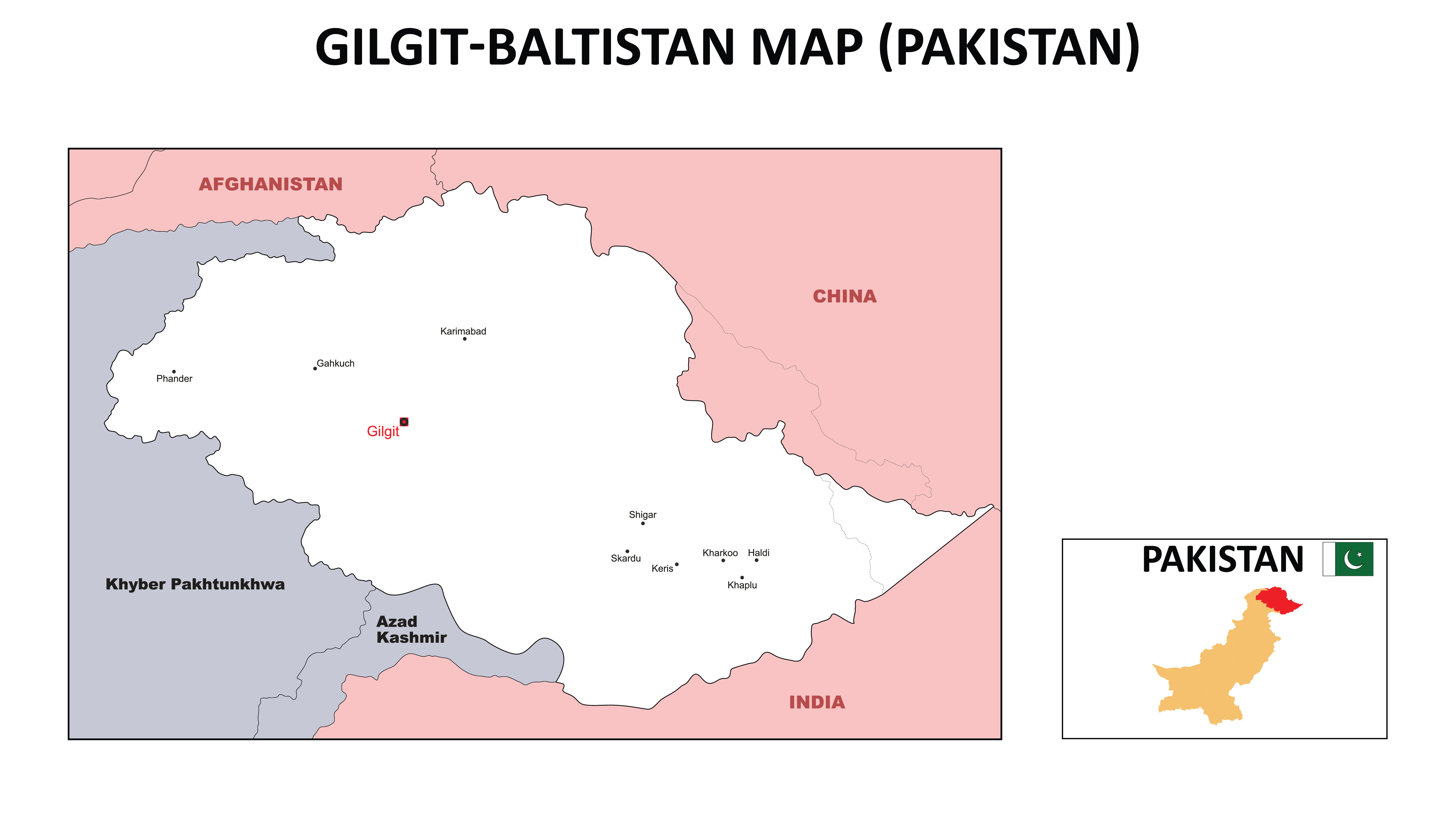
The EU-funded project in Pakistan, running from 2024 to 2026, aims to support the Government of Gilgit-Baltistan in fostering inclusive green development through evidence-based policy-making and institutional capacity building. The project focuses on several sectors, being one of them agriculture. By enhancing policy frameworks and implementing sustainable practices in mountain agriculture, it addresses socio-economic challenges and the region’s vulnerabilities to climate change.
Throughout the project, the integration of gender equality, environmental sustainability, and the rights of marginalised groups is emphasised, promoting a comprehensive approach to agriculture sustainability and regional development.

Implementation
NTU is implementing a comprehensive methodology in collaboration with the Soni Jawari Center for Public Policy (SJCPP) and key government departments. The project begins by assessing gaps in existing provincial policies and aligning priorities with Gilgit-Baltistan’s socio-economic and climate resilience needs. To address the gaps effectively, thematic studies are conducted in four sectors: irrigation, energy transition, mountain agriculture, and disaster risk reduction. They are based on stakeholder consultations, field research and the Terms of Reference previously drafted by NTU. The studies provide the foundation for evidence-based policy development.

NTU also prepares detailed work plans to guide thematic experts and ensure progress is monitored. Simultaneously, institutional frameworks are strengthened through capacity-building sessions, sector-specific guidelines, monitoring protocols, and innovative data management systems. This holistic approach ensures robust policies, sustainable governance structures, and local ownership, fostering long-term development in the region.
Impact
By integrating climate resilience, socio-economic development, and community engagement, NTU is fostering sustainable agriculture and long-term stability in the region.
In particular, the following positive impacts can be named:
- NTU’s support drives integrated, evidence-based policies for agriculture, irrigation, energy, and disaster risk reduction in Gilgit-Baltistan.
- Government agencies and SJCPP gain skills and tools to implement and monitor effective sectoral reforms.
- Inclusive, gender-responsive policies empower vulnerable populations and strengthen regional climate and socio-economic resilience.
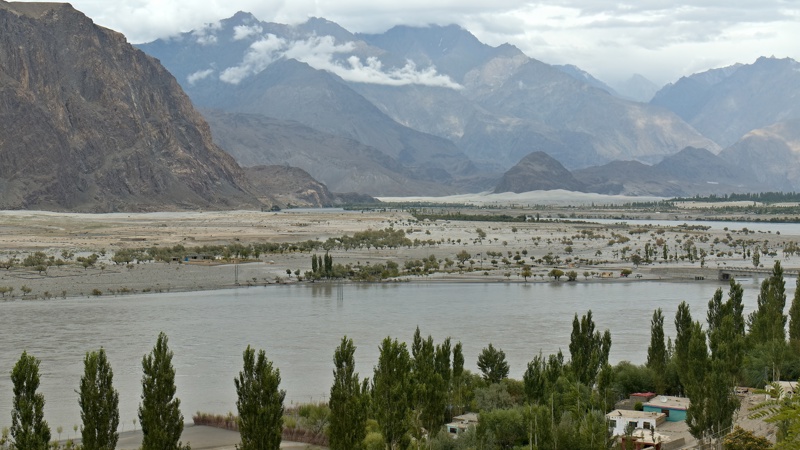
SDGs:

